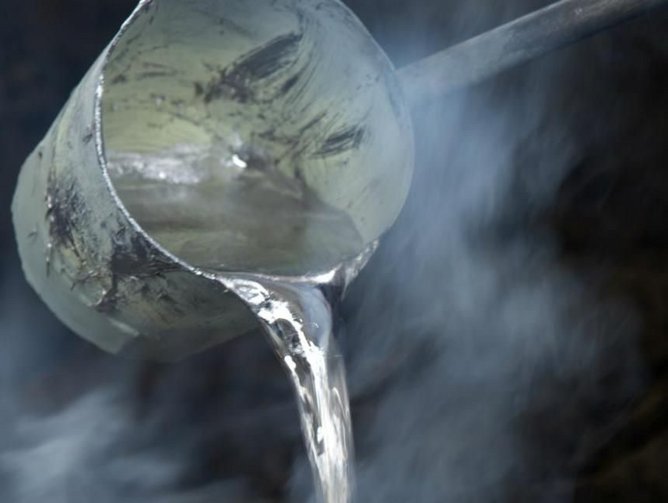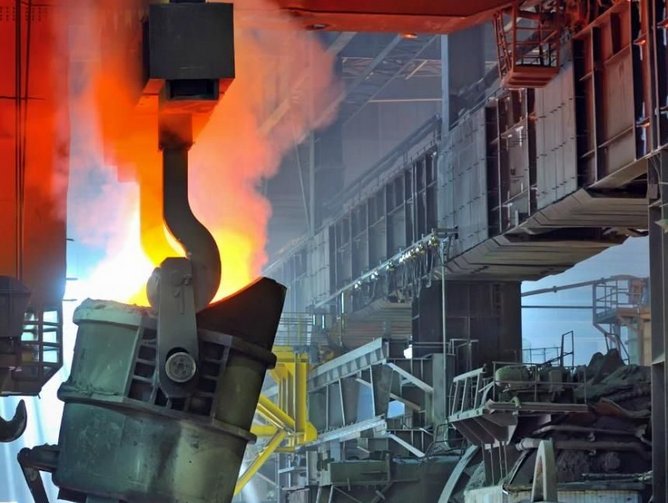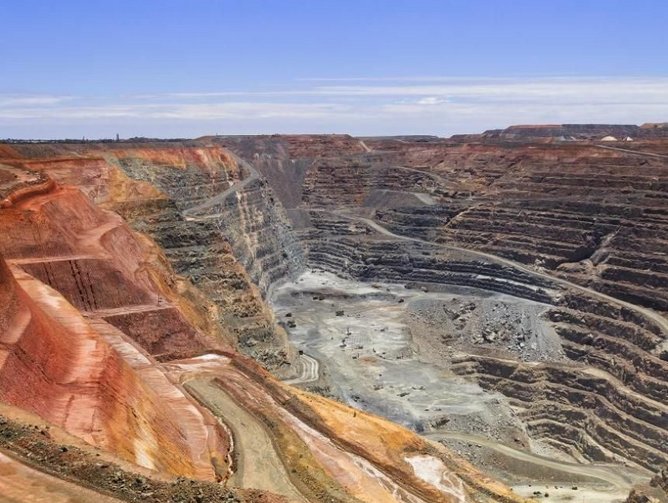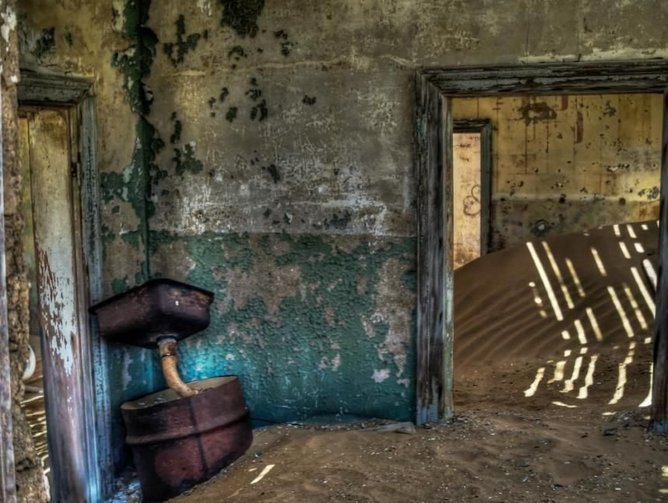How Dundee Precious Metals ensures its Tsumeb smelting plant serves the Namibian community with the utmost corporate responsibility.
Dundee Precious Metals Tsumeb, one of three subsidiaries of the Canadian company Dundee Precious Metals Inc., is the Namibian faction of the business. Its site in Tsumeb is located around 430 kilometres north of Windhoek – Namibia’s capital – and sits close to the nation’s greatest wildlife sanctuary, Etosha National Park.
Dundee Precious Metals built a smelter here in the 1960s, drawing on the rich seams of copper found in Tsumeb’s mines. Now, the plant contains two Pierce Smith Converters, a Top-Submerged Lance Ausmelt furnace, a sulphuric acid plant, and slag milling and flotation plant. 700 people are employed at the smelter – a significant portion of its 14,000 population.
The company originally began as Tsumeb Corporation Limited, putting the Tsumeb plant into production in 1963 using the expertise of Newport Mining Corporation. It was soon producing over 3,500 tons of copper and 6,000 of lead a month (until the lead smelter closed in the 1990s), and the company went through a period of uncertainty as it changed hands several times and suffered a period of inactivity due to labour strikes.
The smelting plant was finally sold to Dundee Precious Metals Inc. in 2010, with the TSL Ausmelt furnace quickly converted from a lead smelting vessel to a copper one. An oxygen plant was then added to increase the efficiency of the furnace, and the sulphuric acid plant followed soon after. The latter ensures that no harmful sulphur dioxide enters the atmosphere in the treatment process.
Tsumeb’s smelter is a rare one in that it is able to treat and process complex copper concentrate, something few others are advanced enough for. It produces 98.5 percent pure copper blister, which is refined in Europe and Asia to be turned into metal. The other elements, arsenic trioxide and sulphuric acid, are sold to third party customers and Namibian uranium and copper producers respectively.
Dundee Precious Metals, too, is unusual in its unwavering approach to sustainability, not something that is always a priority in the industry. It claims to follow the highest possible standard of business ethics and social behaviour, and has implemented various continuous improvement strategies to ensure this. DPM’s excellent relationships with shareholders means that the company trusts each of them to abide by the same policies, cementing a positive reputation for everybody involved.
Some of DPM’s policies, as per the company’s website, include:
- Compliance with all applicable laws and regulatory controls.
- An understanding of the environment in which DPM is working, and the responsibilities therein.
- Best practice approaches to environmental management, engineering, and protection to be applied evenly across the business.
- Maximisation of environmental management opportunities inherent in mineral development projects to minimise environmental risks and effects.
- Outstanding minerals development, production operations, and environmental management are a priority.
- Regular auditing and evaluation of DPM’s performance plus open and honest shareholder engagement.
- Company-wide application of environmental policies at all stages of production, supported with the appropriate level of funding.
- Employee and contractor awareness of both individual and business-wide responsibilities and obligations in line with environmental policy.
- DPM’s recognition of itself as a huge part of the economy in which it operates, emphasising the importance of financial stability and corporate responsibility.
- The company dedicates itself to the use of efficient energy, recycling and waste minimisation, outsourcing of work to local businesses where appropriate, ensuring operations benefit locals and minimise risks to the community, and that environmental remediation and economic improvement are always a priority.
- Improvements to infrastructure, public health, and education regarding projectsare to be implemented early.
- All business practices will be conducted at the highest possible ethics and transparency standards.
In summer 2016, DPMs Vice President and Managing Director Zebra Kasete was interviewed for Lela Mobile, and discussed with Rosalia David many of these aspects, as well as the future of Dundee Precious Metals Tsumeb.
“Any international company operating in a local community needs to be appreciative towards their host community,” he explained. “Corporate social responsibility is crucial to Dundee Precious Metals Tsumeb. As a foreign company, we believe in investing part of our proceeds into the community in which we operate. With the administrative assistance from the Namibian Chamber of Commerce and Industry’s local branch, the Tsumeb Community Trust has provided grants to over 80 small Namibian-owned businesses that have in turn employed and trained a significant number of Namibians who might otherwise be unemployed.
“Dundee has contributed approximately N$15 million to a public-private partnership with the National Housing Enterprise to build 67 houses for ownership by our employees, with more in the pipeline. This is also in line with the Harambee Prosperity Plan theme for mining companies to continue providing houses to the communities. We are happy and committed to work together with the government to progress this specific theme.”
DPM also awards bursaries to local students, having spent N$5 million on them already, and focusses heavily on utilising local businesses through its preferential procurement policy. The business’s dedication to its many continuous improvement causes is incredibly admirable, and Kasete summed up his feelings on the subject succinctly:
“Managing expectations on all levels is the biggest challenge for new leaders. I must understand the commitment made by the company, and manage those expectations effectively whilst delivering on them. Despite all of the exciting challenges, I am happy that I am working for a company whose value resonates with my own.”





